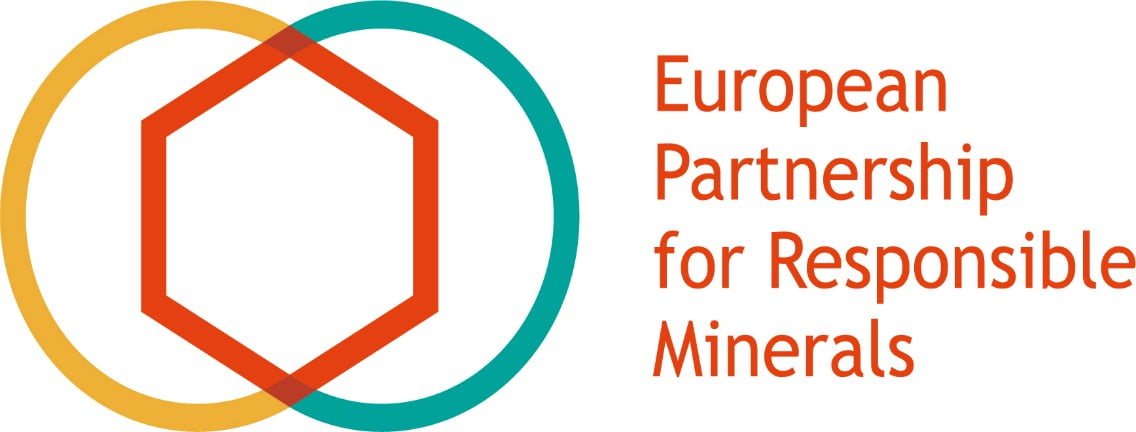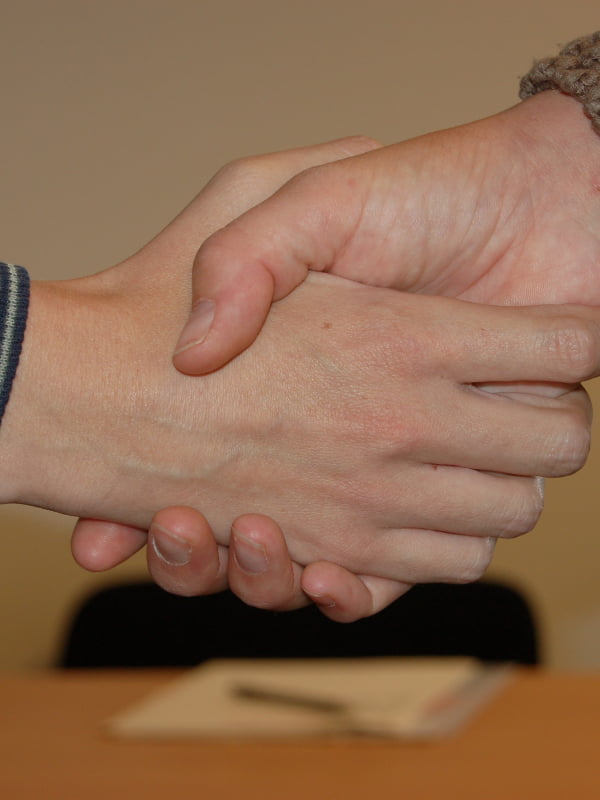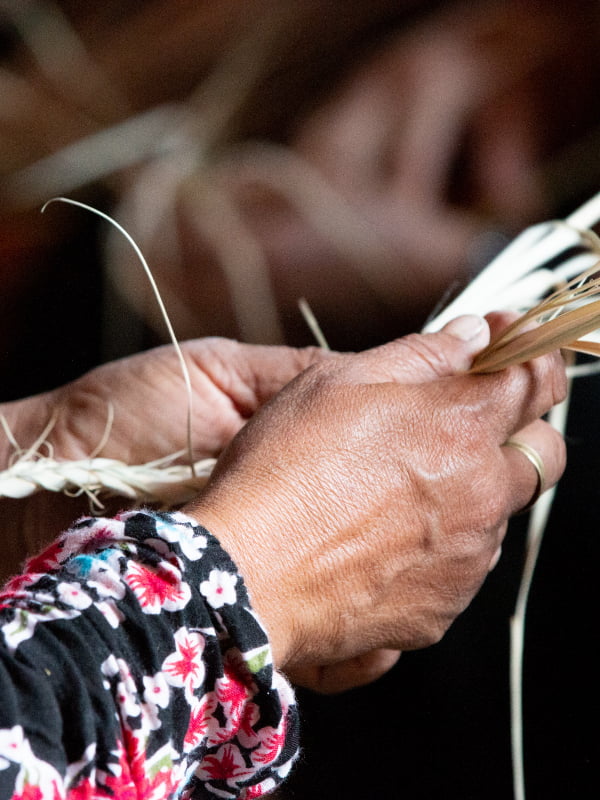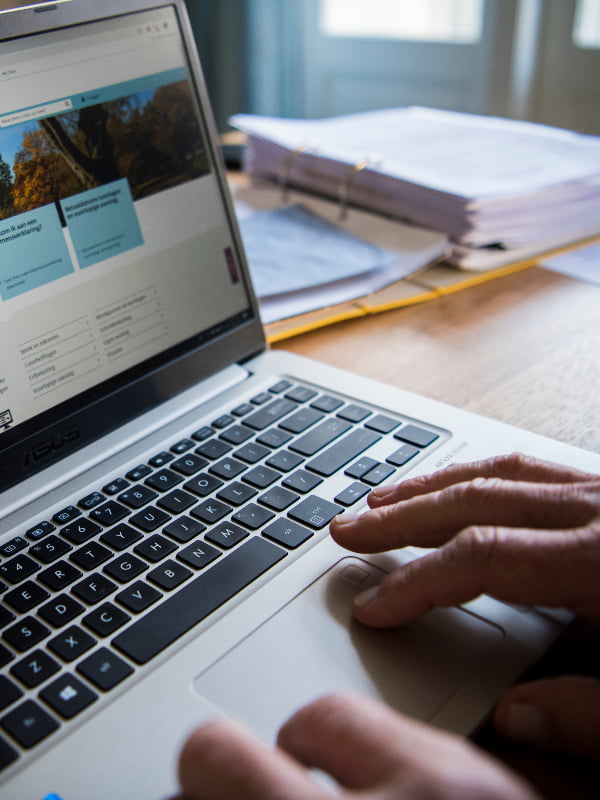European Partnership for Responsible Minerals - EPRM
The European Partnership for Responsible Minerals (EPRM) is a multi-stakeholder partnership. EPRM was established to create better social and economic conditions for mine workers and local mining communities. It does this by increasing the number of mines that adopt responsible mining practices in Conflict-Affected and High-Risk Areas (CAHRAs).

Application period
Background information
EPRM is a multi-stakeholder partnership. Its goal is to increase responsibly produced minerals from conflict-affected and high-risk areas (CAHRAs). EPRM also aims to support the socially responsible mineral extraction, contributing to local development.
Why EPRM?
EPRM helps with the EU Conflict Minerals Regulation, because more than the regulation alone is needed to make a significant change. EPRM supports mine sites in CAHRAs. This support aims to enable more mines to meet the standards required by OECD Due Diligence Guidance standards. This will then allow companies to source minerals from the mines while also meeting relevant regulations. In 2023, EPRM focuses on tin, tantalum, tungsten, lithium, natural graphite, cobalt, copper and nickel.
Actions
To reach its goals, EPRM focuses on 3 actions:
1. Supporting mine sites - Responsible production
Partners support artisanal and small-scale mines (ASMs) to produce more responsibly. This gives the miners access to formal markets at local and international levels.
2. Supporting companies - Responsible sourcing
Partners support mid- and downstream actors in responsibly improving their due diligence practices to source tin, tantalum, tungsten, lithium, natural graphite, cobalt, copper, and nickel. Partners support miners via capacity building and cross-sectoral learning, for example.
3. Linking production and sourcing
Partners create improved links between supply chain actors. This encourages trade from ASMs in CAHRAs.
On our Development Cooperation Projects database, you can find an overview of projects that we carry out in the field of development cooperation. You can filter by location, sector and programme, among others.
RBC guidelines for EPRM membership and projects
The Dutch government and the Netherlands Enterprise Agency believe it is essential for Dutch companies to serve as an example of Responsible Business Conduct (RBC). Please read our RBC guidelines for EPRM membership and projects.
Risks and opportunities
If you receive our financial support to do business abroad, you must do so responsibly. Our RBC policy gives guidelines for you to follow on Responsible Business Conduct. We look at RBC risks and opportunities:
- Risks are social and environmental risks. The guidelines advise you on how to prevent and/or minimise them.
- Opportunities contribute to one or more Sustainable Development Goals via your activities.
Guidelines for membership and funding
- OECD Guidelines for Multinational Enterprises
These apply to small and medium-sized Dutch enterprises and local companies that receive funding from the Dutch government. - OECD Due Diligence Guidance for Responsible Supply Chains of Minerals from Conflict-Affected and High-Risk Areas
- United Nations Guiding Principles on Business and Human Rights
EPRM members must follow these United Nations (UN) Guiding Principles. - FMO Exclusion List
Activities on this list do not qualify as EPRM projects. EPRM projects that aim to address risks in the areas of labour conditions, child labour and the environment do qualify. - Gender equality
EPRM follows our gender implementation policy. - United Nations Security Council Consolidated List, and
- Consolidated list of persons, groups and entities subject to EU financial sanctions
Companies listed on the UN and European Union (EU) sanctions lists cannot apply for an EPRM subsidy.
RBC and your application for EPRM membership and funding
RBC features as follows:
- In the application form, we ask you to agree to follow the international RBC guidelines. These are the OECD Due Diligence Guidance for Responsible Supply Chains of Minerals and the United Nations Guiding Principles on Business and Human Rights.
- We ask new members to complete a Due Diligence Check.
- In the application form for EPRM projects, we will ask you to conduct a risk analysis. RBC risks and themes are a part of this analysis.
- With the Due Diligence Hub, EPRM helps supply chain actors improve their due diligence efforts based on OECD Guidelines.
- We may discuss further measures to prevent and minimise RBC risks as part of the project funding agreement for EPRM membership admission.
SEAH conditions
To be eligible for subsidies, SEAH conditions apply. RVO expects you to have your own integrity policy as well as procedures to implement this policy. In addition, you are required to report any incidents of (sexual) misconduct or abuse of power during RVO-funded projects. For further details, please visit Sexual misconduct and abuse of power | RVO.nl.
EPRM in practice
Improving mining conditions in Uganda
Incident reporting system offers transparency in Congolese goldmines
Find out more
Would you like to learn more about the projects EPRM funds in mine sites? Visit the EPRM project pages or browse through the Due Diligence Hub for tailored information on how to carry out due diligence in your company.
Do you want to learn about recent EPRM developments? Visit the news section on the EPRM website.
Questions about EPRM?
The Netherlands Enterprise Agency serves as the secretariat for EPRM. For more information:

- European Union (co-funded by)
- Ministry of Foreign Affairs
 European Partnership for Responsible Minerals - EPRM
European Partnership for Responsible Minerals - EPRM



